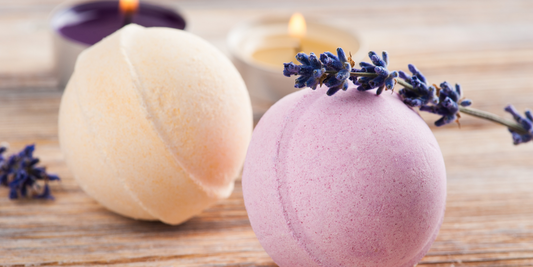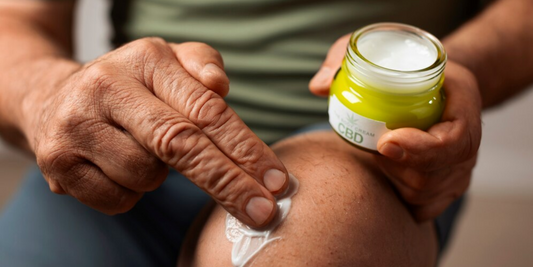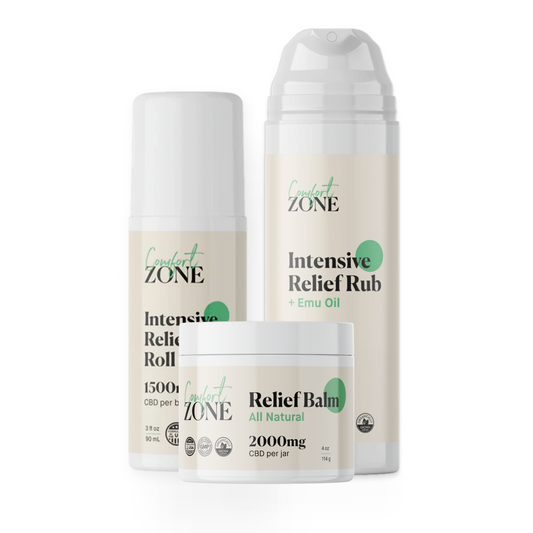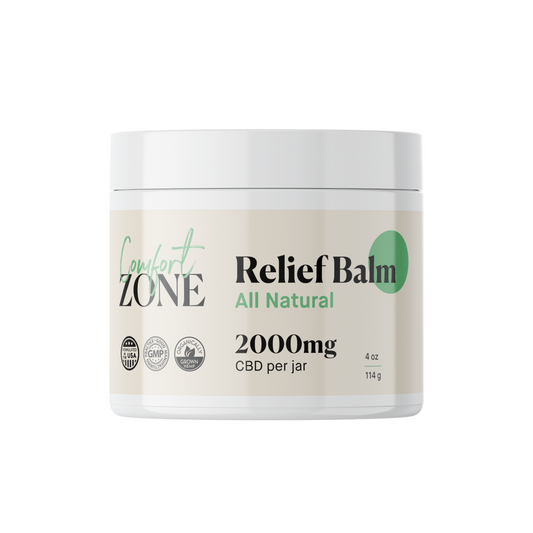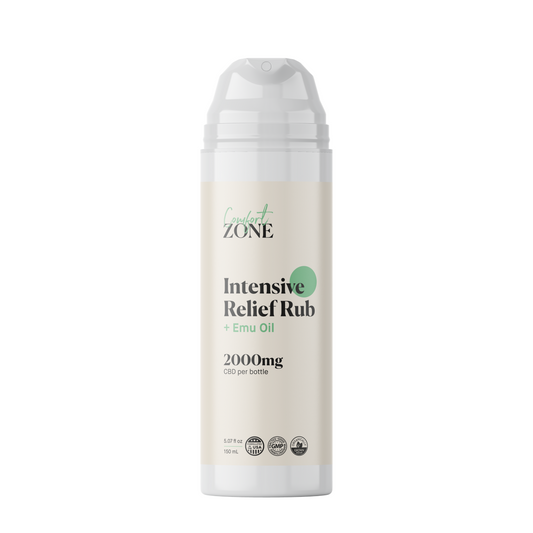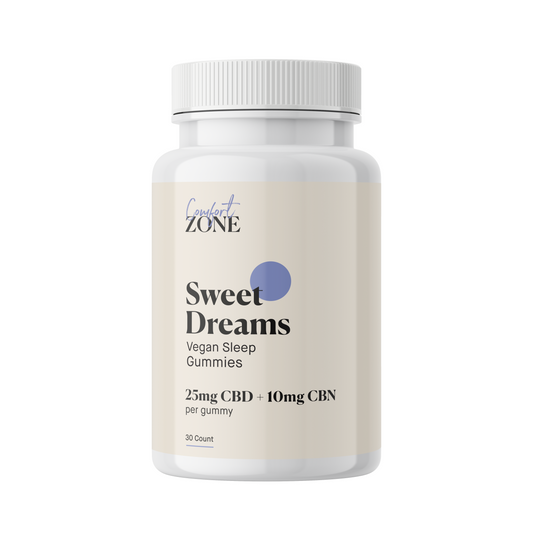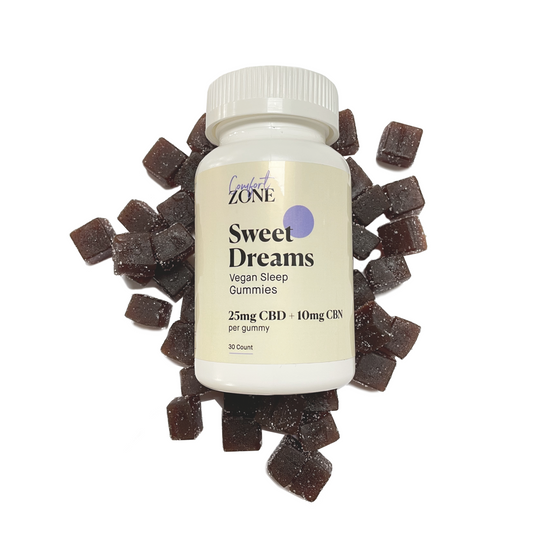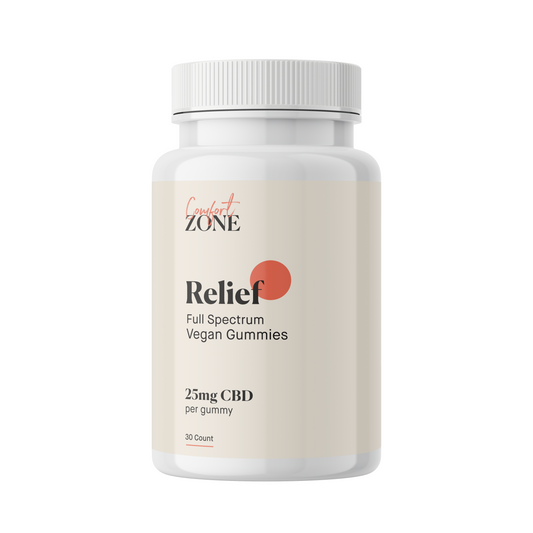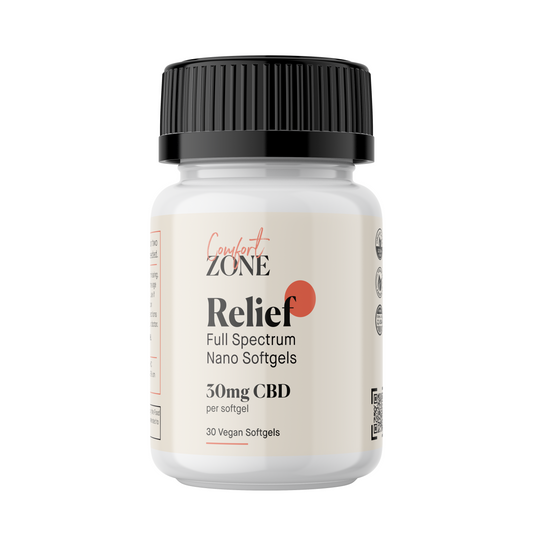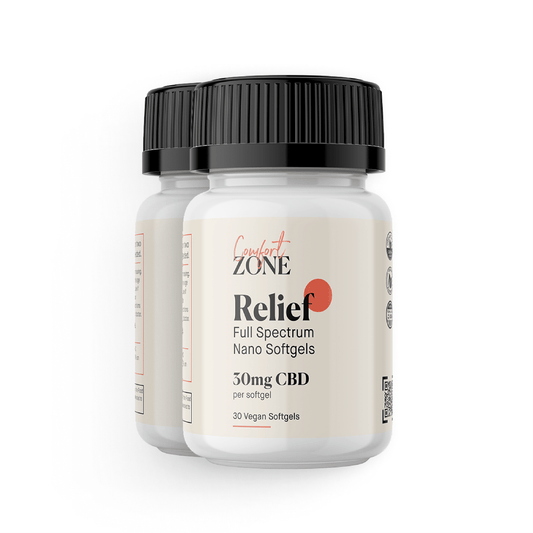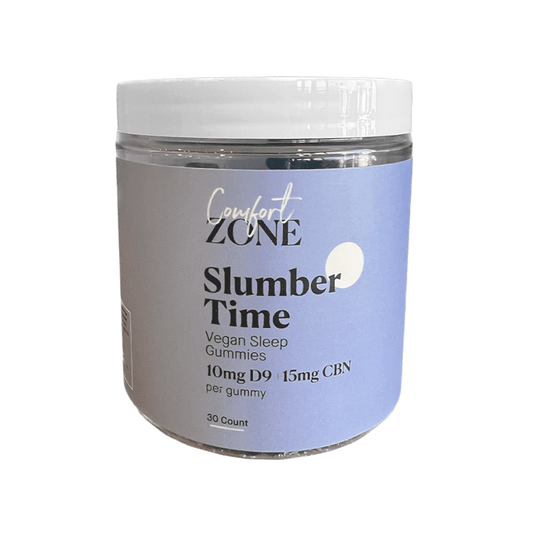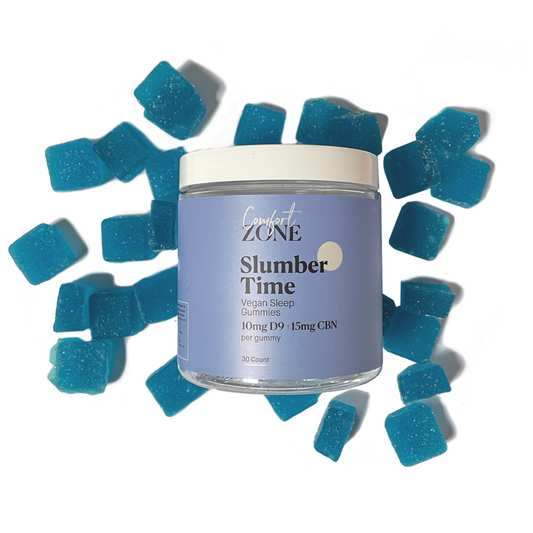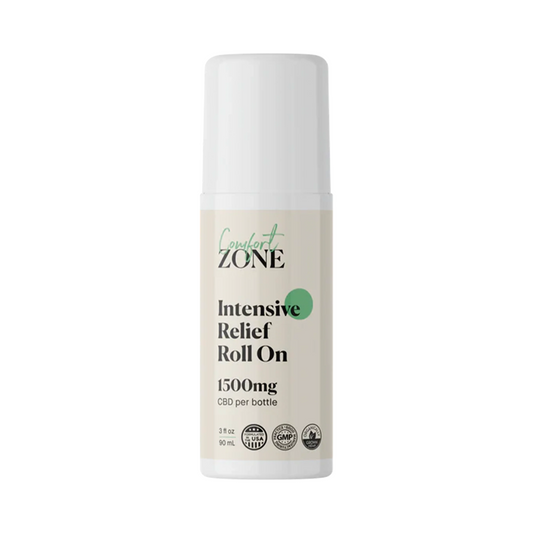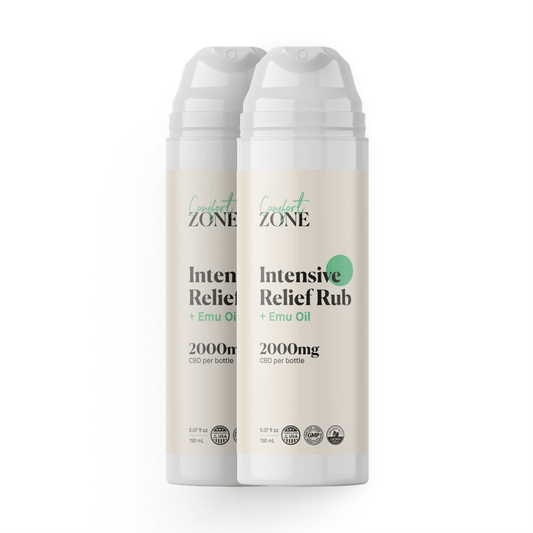SLEEP PROBLEMS ARE A MAJOR HEALTH PROBLEM
Poor sleep is the #1 reported medical complaint in the Unites States. 60% of Americans say they have trouble sleeping several nights a week. To be at our best, adults ideally should get between 7 and 8 hours of sleep a night. Do you?
Sleep problems can be a result of many factors, including:
▪ Mental health issues (stress, anxiety, depression, PTSD, etc.)
▪ Physical conditions (pain, restless leg syndrome, fibromyalgia, neuropathy, menopause, etc.) ▪ Sleep disorders (sleep apnea, circadian rhythm disorders, etc.)
▪ Environmental factors (light, noise, temperature, uncomfortable bed, snoring, etc.)
Lack of sleep can seriously affect your health. Those with sleep problems are more likely to experience chronic conditions, including heart disease, diabetes, arthritis, stroke, obesity, and depression. To make matters worse – these chronic conditions often impair sleep – an endless cycle that can make you crazy!
As a result, many people turn to sleep aids – either prescription or over-the counter medications. Americans spend nearly $3.5 billion each year on these drugs. Although they may help in the short- term, the downsides are numerous. These drugs can be addicting, cause functional impairment, reduce reaction time and are associated with increased depression, according to the research. In addition, as many as 40,000 deaths a year can be attributed to the use of sleep drugs.
CBD IS HELPING PEOPLE SLEEP
Scientists are still studying how CBD impacts the body. While the positive and therapeutic effects of CBD are evident, research is working on gaining a better understanding of how CBD does what it does
CBD has been used for centuries across cultures to address sleep issues and it is becoming more common in the United States since the passing of the 2018 Farm Bill. CBD has a therapeutic and calming effect and people are sleeping better.
CBD can help manage stress and anxiety so you can sleep better
Anxiety or stress can impact your ability to fall or stay asleep. In fact, one of the leading symptoms of anxiety disorders is insomnia–the inability to fall asleep for extended periods of time. Anxiety disorders can lead to fatigue and restlessness. The same goes for basic stress.
Stress activates your nervous system when your body is trying to rest. It messes with your sleeping patterns, interfering with your body’s ability to build new cells, detox, digest, and heal. This can have a major impact on your health and well-being.
▪ CBD taken during the day can help you manage stress, reduce tension so it is easier to settle down and fall asleep at night.
▪ CBD works with your nervous and endocannabinoid systems (ECS) to regulate mood, producing a feeling of calm throughout the body.
▪ CBD targets the ECS receptors in the brain and can help reduce “racing thoughts” that often pick up the pace when you lay your head on the pillow, allowing your brain to shut down so you can sleep.
CBD can help reduce pain so you can sleep
So many people suffer from chronic pain of some kind. When you are in pain, it is difficult to sleep! Regular use of CBD is resulting in significant pain relief for so many.
▪ CBD has great anti-inflammatory properties that are often the cause of pain.
▪ CBD can help people manage the sensation of pain by relaxing muscle fibers.
▪ CBD can intercept the transmission of pain signals by stimulating or silencing neurotransmitters and receptors in your brain. CBD can help regulate your sleep cycle CBD stimulates the endocannabinoid system (ECS), which plays a huge role in regulating sleep patterns. So regardless of the cause of the sleep issues, many people are experiencing longer periods of uninterrupted sleep when using CBD regularly.
▪ CBD may promote REM sleep, the type of sleep your body needs to rebuild and your brain needs to feel fully rested.
▪ CBD may also address symptoms of sleep apnea and insomnia by inducing states of physical and emotional calm. Bottomline of CBD & Sleep The relationship between CBD and sleep is a complex and still being investigated, however the early studies are promising as is the antidotal evidence. Currently there are over 25,000 studies underway, so we will continue to learn more. Can CBD help you sleep better? Probably, but it isn’t a miracle. It is important to set yourself up for a good night sleep. ▪ Avoid stimulants (coffee, chocolate, soda in the late afternoon and evening)
▪ Avoid using your phone, watching TV, using the computer 2 hours before going to bed ▪ Make sure your room is cool, dark and quiet If you have questions, please contact us or talk to your doctor. Below are some links to medical research studies that have been completed. If the CBD doesn’t help, reading these might !! www.ncbi.mlm.hih.gov/pubmed/28349316 www.ncbi.nlm.nih.gov/pubmed/31120284


